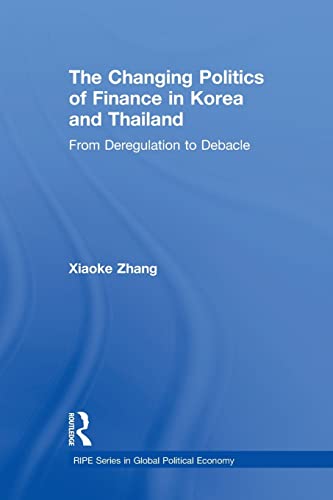Question
Natasha Nguyen is a foreign exchange dealer for a US bank. She wishes to consider whether Purchasing Power Parity holds between the US$ and the
Natasha Nguyen is a foreign exchange dealer for a US bank. She wishes to consider whether Purchasing Power Parity holds between the US$ and the Japanese yen. She also wonders whether she should invest in US$ or in Japanese yen to make a covered interest arbitrage (CIA) profit. She can borrow US$1,000,000 or dollar-equivalent to invest for the next 12 months. Consider US as home market and Japan as foreign market. She faces the following interest rates, exchange rates and inflation rates: 3-month nominal interest rates in Japan and the US are 7% and 9%, respectively. Spot and 3-month forward rates, respectively, are 142/US$1 and 139/US$1. Inflation rates in Japan and the US are 4% and 5.5%, respectively.
i. Does interest parity hold? If not, where do you recommend that Natasha Nguyen borrow and invest and why?
ii. Assuming no transaction costs, what would Natashas covered interest arbitrage profit (or loss) be on the borrowed amount of US$1 million or dollar-equivalent yen (use 2 decimal points)?
Step by Step Solution
There are 3 Steps involved in it
Step: 1

Get Instant Access to Expert-Tailored Solutions
See step-by-step solutions with expert insights and AI powered tools for academic success
Step: 2

Step: 3

Ace Your Homework with AI
Get the answers you need in no time with our AI-driven, step-by-step assistance
Get Started


